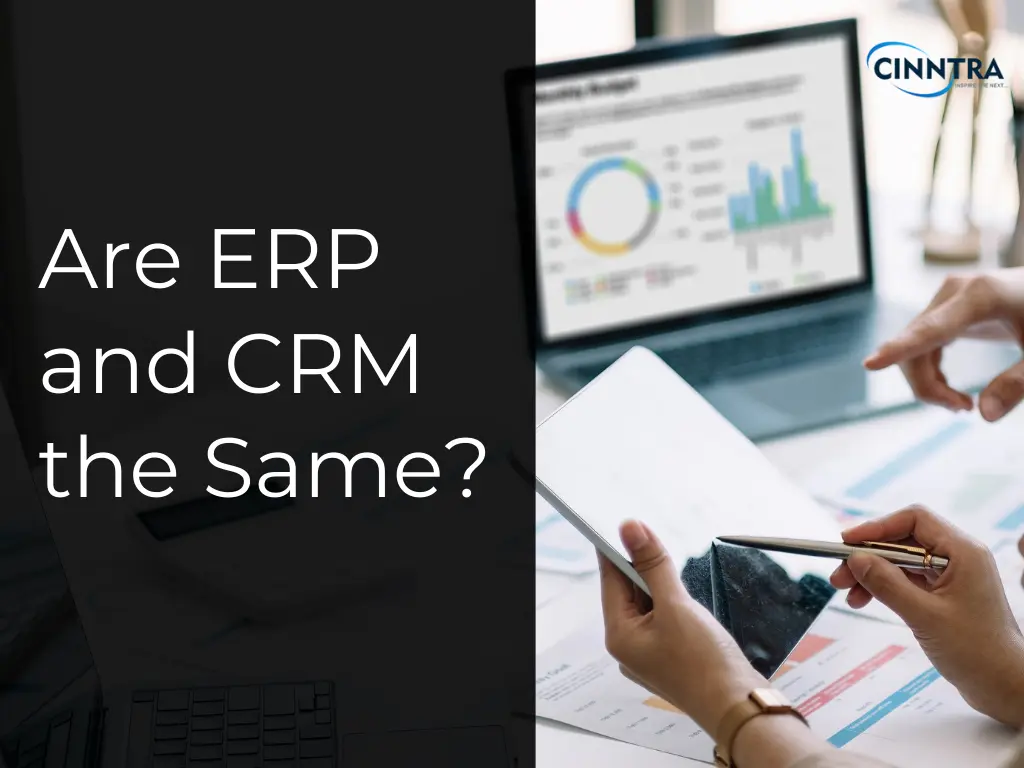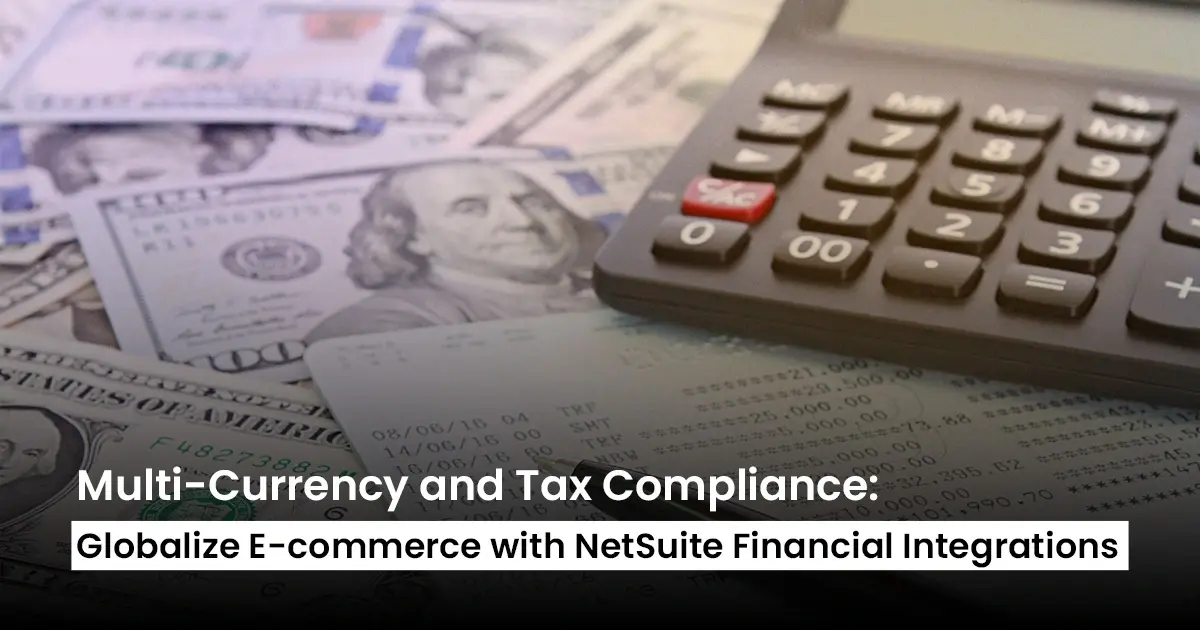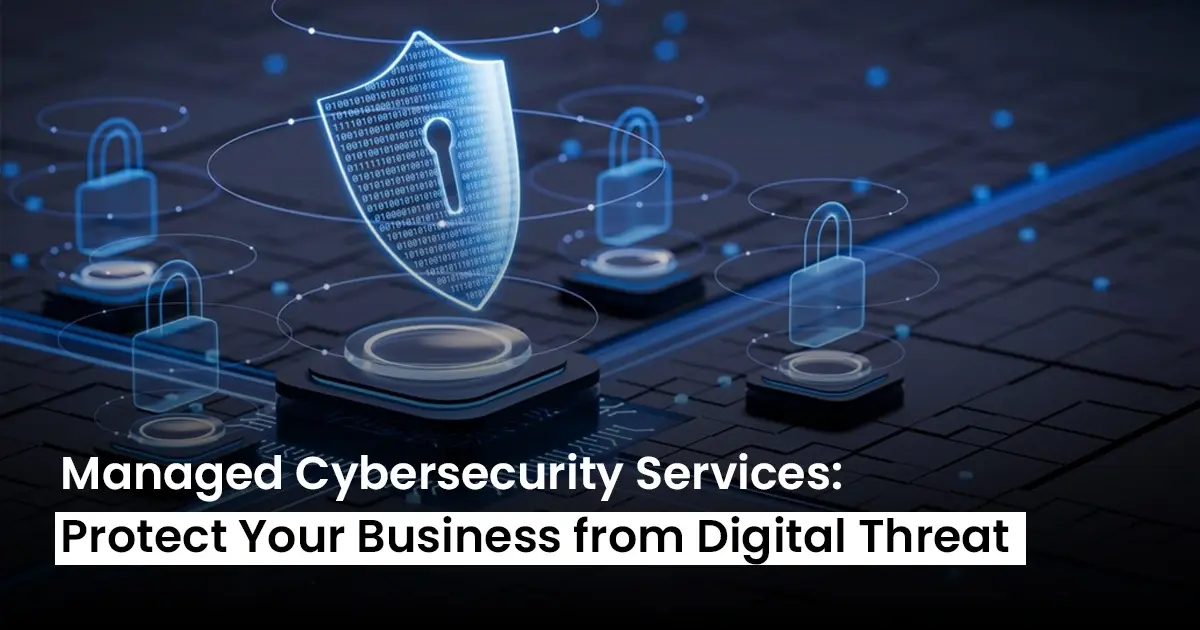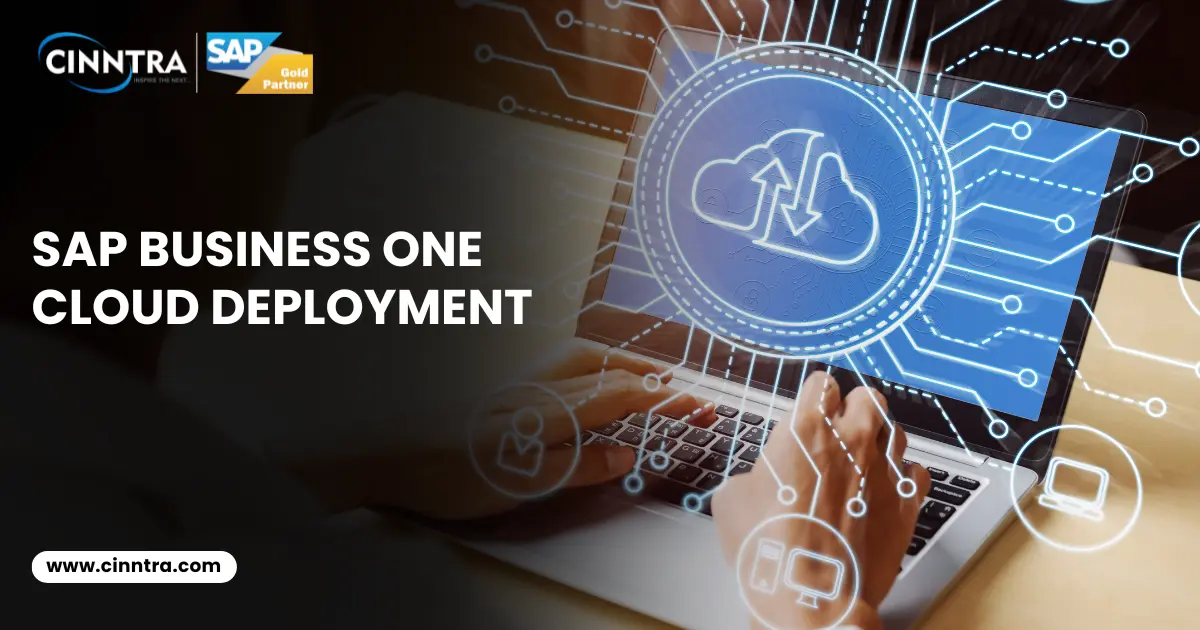Are ERP and CRM the Same

NO!! Let's understand why this question arises.
- Every successful business depends on a productive workforce that comprises everyone from senior management to the floor employees.
- Both have a vital responsibility in ensuring that the company stays within budget, achieves its sales targets, and has satisfied customers. They are in charge of making responsible decisions and finishing tasks on schedule.
- The goal is to make money using the resources that are available. Resources include labor, capital, and time.
- Accepting automation and technology is a potent tool. Because technology is evolving, this tendency is becoming more popular. Automation is essential for organizations to advance and remain competitive in today's market.
- It establishes procedures and technological frameworks to boost effectiveness, dependability, and completion time.
- Automation will become more readily available as technology develops and gets better, which will speed up the process. Utilize technology to set up complex automation with complete analytics and control.
- Automation of core business processes is typically dependent on two major software solutions. ERP and CRM.
- Both ERP and CRM are automating software, serving as integral parts of the business. Both software is built differently and has different purposes, needs, and benefits. The software sometimes gets integrated as per the demand of the client.
- ERP centralized all the organizational information, process, and operations into one central database. CRM deals with customer interaction, support, and service.
- Both ERP and CRM are implemented either through a conventional on-premise or through a software-as-a-service (SaaS) approach. Even though their ultimate goal is to increase business efficiency, their path differs.
This article will help you understand their attributes, differences, and whether a business needs either of them or both of them.
Let's compare and contrast the two software on the basis of every possible aspect.
Comparison of Both software applications
|
Basis of comparison |
ERP |
CRM |
|
Definition |
A software solution that centralizes all the organized information into one central database |
A software solution that deals with all the customer queries, provides support and services |
|
Focus |
|
|
|
Benefits |
|
|
|
Features and Functions |
|
|
|
Examples |
|
When does your company need ERP software?
- When you have to install ‘n’ numbers of software for different purposes for various departments.
- When it is difficult for you to access information about your business.
- It takes longer and is harder to do accounting.
- Your IT requires too much time and complexity.
When does your company need CRM software?
- The lead flow is not managed.
- It's challenging to find your consumer data.
- You are unaware of the activities of your sales personnel.
- You need to manage valuable, long-term accounts.
- Your growth route is unclear to you.
When does your company need Integrated ERP CRM?
- Nowadays business owners face a more critical business environment. Thus they are under pressure to respond to the changes quickly in order to keep their organization viable in the long run.
- Integrating your ERP and CRM will enable your staff to offer quick, informed, and individualized customer support.
- You can improve quote accuracy, decrease manual data entry, and decrease discrepancies between sales and inventory.
- Integrating means getting a linked, 360-degree view of your clients and offering a service that makes you stand out from the competition.
Get a 360-degree view of your clients by seamlessly integrating your ERP with “Cinntra’s” CRM “Bridge”
Closing Thoughts
The critical difference between ERP and CRM is that ERP is predominantly for financial purposes while CRM deals with customer and sales departments. ERP is commonly referred to as back-office while CRM is the front office.
Some ERP systems do involve CRM components while CRM systems don’t. Integrating CRM with the ERP system allows it to access essential invoices and order history data.



0 Comments